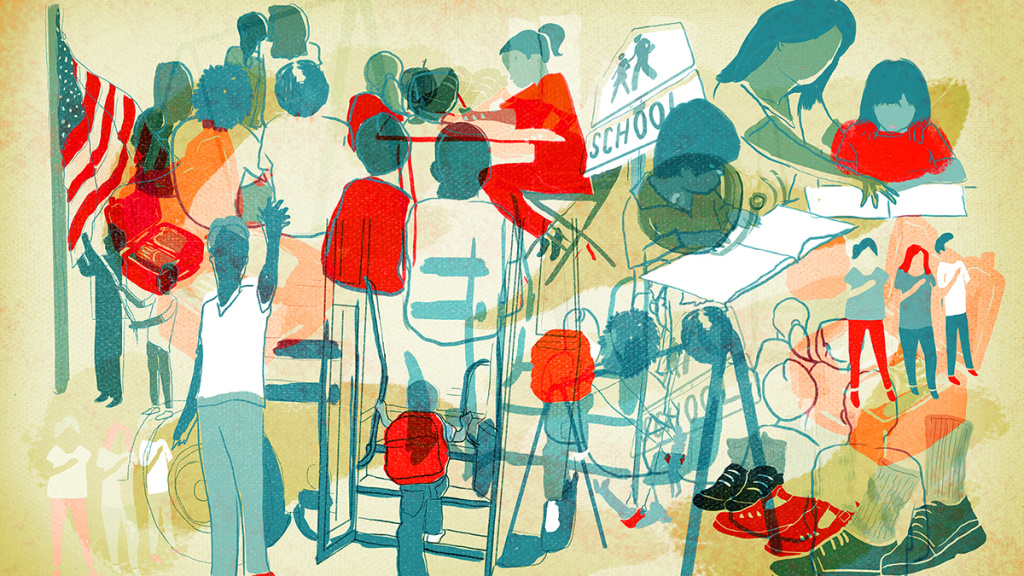
Click here for a more in depth look at both sides of the issue
One area of scrutiny is the role of charters in serving students with disabilities. Historically, charters have served fewer students, with less intensive disabilities than their district counterparts. Frequently, students with significant disabilities are identified prior to the time they enter school and are then funneled into services within the district system that begins prior to kindergarten. Also, charters are generally smaller than their district counterparts and do not have the scale to develop separate specialized programs some parents prefer. That said, we are seeing signs that this historic trend is starting to change! As we have seen in our partner schools, charters are increasingly going above and beyond their district neighbors to provide intensive and individualized supports and many parents are removing their students from restictive settings and choosing the inclusive practices offered at charters instead. As a result, we’ve seen a sharp increase in the number of students enrolling with our charter partners who come from Special Day Class settings.
A report out this week from the National Center for Special Education in Charter Schools has some good news highlighting the efforts charters have made to more effectively identify and serve students with disabilities. In addition, the report indicates, students in charter schools are more likely to be served in inclusive settings than their similarly disabled peers in district schools.
Click here to read Disability Scoop’s full article “Inclusion More Common at Charter Schools, Report Finds”

- The percent of students with disabilities who spend at least 80 percent of their day in general education:
- Charters: 84%
- Traditional public schools: 67%
- Charters: 84%
- 10.4% of students at charter schools have disabilities compared to 12.5% of those attending public schools.
- Special Education enrollment is increasing at charters: up from 8% in 2009-2010 to 10.2% in 2011-2012
As a partner of both district and charter schools, we are eager to continue to engage in the conversation about the best ways to meet the needs of students with disabilities in the communities we serve! Seneca’s Unconditional Education Leadership Team is collaborating with leaders on both sides of the debate to support the development of practices for special education aligned with the recent recommendations by California’s Special Education Task: One System: Reforming Education to Serve All Students.
Click here to read more about the task force's plan to overhaul special education

Robin Detterman, Executive Director of School Partnerships

 RSS Feed
RSS Feed